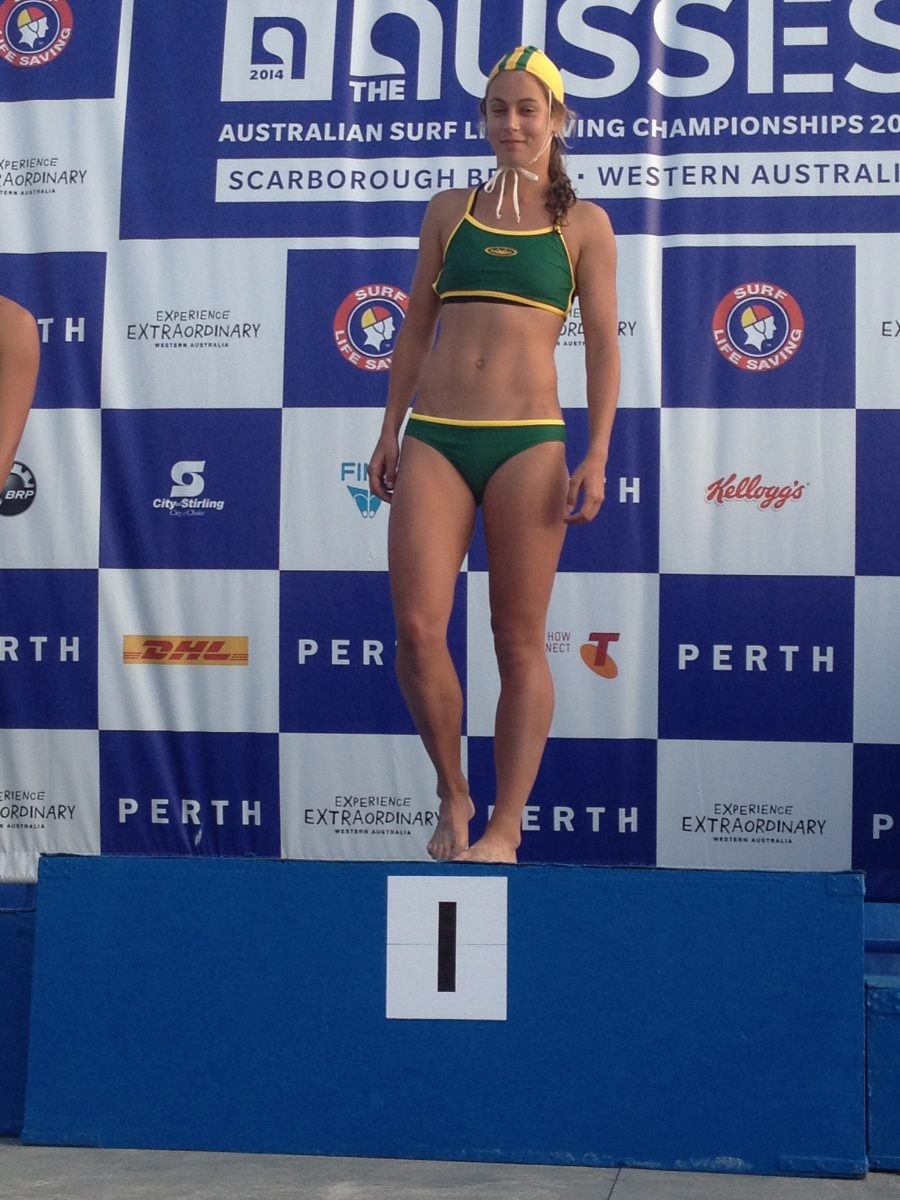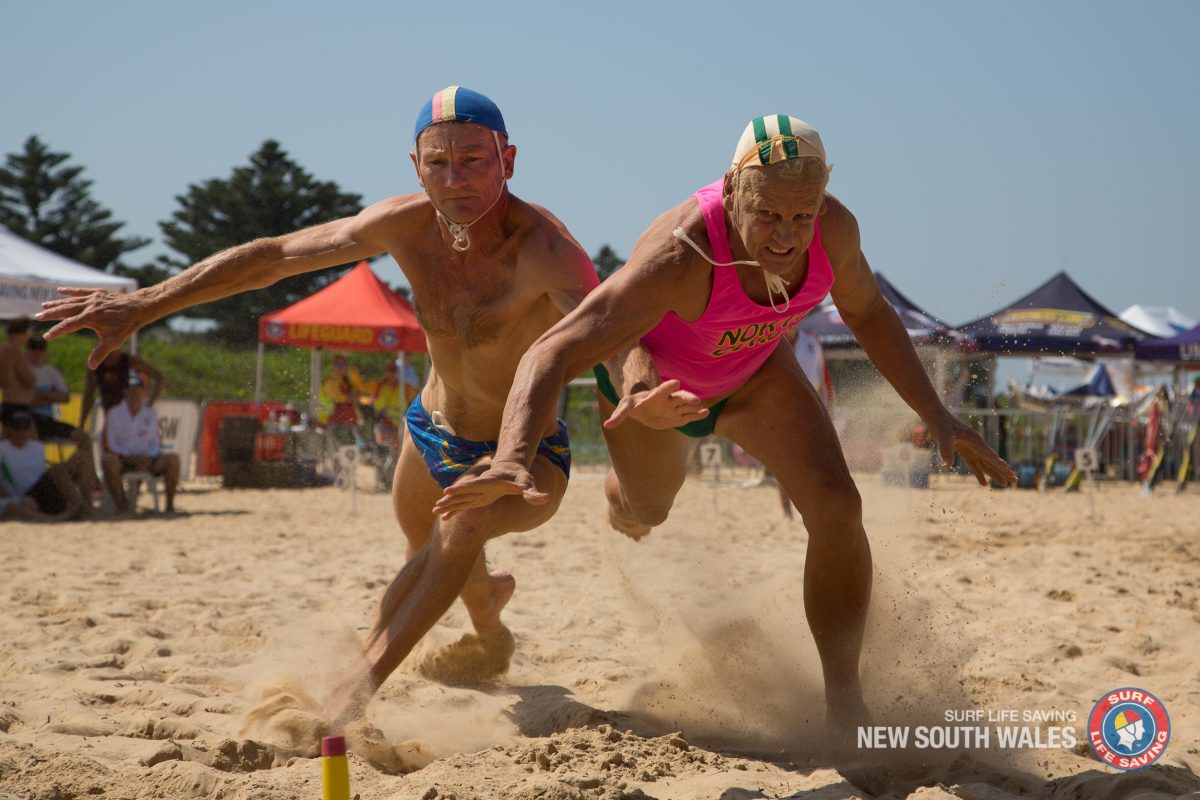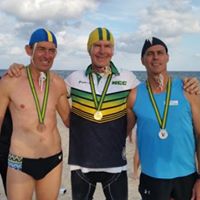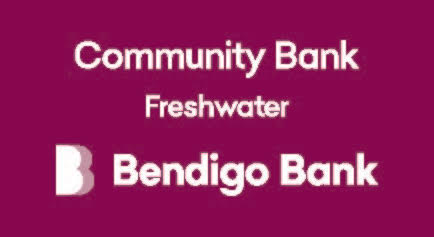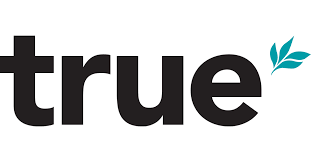FITNESS
To undertake any of the beach events, you need to be at least moderately fit. The beach sprint requires an ability to undertake a number of sprints over a relatively short period of time while good reflexes are also be a useful attribute for the beach flags event. For the 2km & 1km beach runs, stamina is an essential.
TRAINING
The club currently conducts specialised beach sprint sessions for members once a week though this is likely to increase as the season progresses. During the winter months this session is held at the Narrabeen Sports Academy. As the season warms up, the sessions increase and also occur at the beach. The sessions generally last for about an hour and are focused on the beach sprint, beach relay and beach flags events and on improving the techniques required for each.
The club competes at a number of local carnivals throughout the season in both junior and senior competition. The junior carnivals (3) are held on a Sunday and beach events generally commence at about 9am though it may vary from carnival to carnival.
COMPETITION
The senior carnivals (U15 – Opens) are held on a Saturday with beach events generally commencing mid morning and concluding early afternoon. Again this may vary from carnival to carnival. The same applies to Masters events (30+). Masters carnivals are generally held separately to senior carnivals and timing can vary depending on the arrangements made by the host club.
The beach sprint, relay and flag events are conducted at all surf carnivals. The 2km & 1km beach runs are generally only held at championship carnivals.

